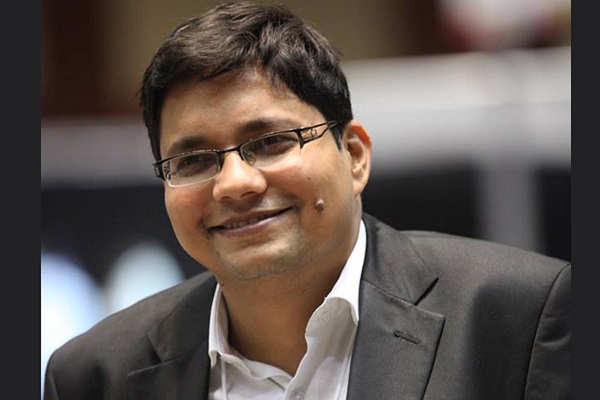A recent report released by Planning Commission once again brought forth the sloth in our ailing public health system. Citing non-availability of medical and paramedical staff, lack of diagnostic services and acute shortage of medicines in government-run hospitals and medical centres, the situation has been said to be in ‘serious decline’. While highlighting that quality of hospitalised treatments have gone down in government hospitals, the report says that organised private healthcare is faring much better in comparison. Further, it has been observed that, inspite of higher costs more and more people are actually preferring to opt for private care. The report also gives out some startling figures in terms of percentage shortfall of doctors (as of March 2006) across 3,910 community health centres in the country. It was found that there is a shortage of 59.4% of surgeons, 45% of obstetricians and gynaecologists, 61% of physicians and 53% of paediatricians across these centres. Further, it has been observed that essential therapeutic drugs are not supplied in most public health institutions with the exception of a few states.
To stall this spiralling crisis, the Planning Commission has urged an increase in public health allocation from the previous level of 1% of GDP (as at the end of tenth five year plan) to 2% by the end of eleventh five year plan. Whether simply increasing allocation will suffice or not is quite debatable. However, in the wake of this reality, it continues to erode public belief in government health services.

Of late, the government seem to be realising that encouraging private healthcare players and partnering with them might be a much better option to ensure quality and reliability of service delivery. Government of Delhi is already working in this direction, by contemplating the launch of a emergency medical service in the capital city, in collobartion with some of the reputed private healthcare providers. Keeping in mind the increasing number of road accidents and resulting loss of life due to excessively long response time of government run ambulances, private players are being roped in to provide speedy ambulatory services and emergency care by deploying ambulances in different parts of the city. The state government will create a special purpose vehicle (SPV) for this initaive and private players are expected to join in.
Keeping in mind the competetive environment in urban centres, lack of business viability in new geographical territories and high investment burden in green field projects, private healthcare players are eyeing public-private partnerships as key growth strategies. Corporate healthcare providers are increasingly coming forward to offer their services for running and managing public hospitals under the PPP model. For instance, Wockhardt is already managing a government hospital in Gujarat and Fortis is reported to be in talks with various state governments in north India about offering their services.
The above equation holds good!

Be a part of Elets Collaborative Initiatives. Join Us for Upcoming Events and explore business opportunities. Like us on Facebook , connect with us on LinkedIn and follow us on Twitter , Instagram.








